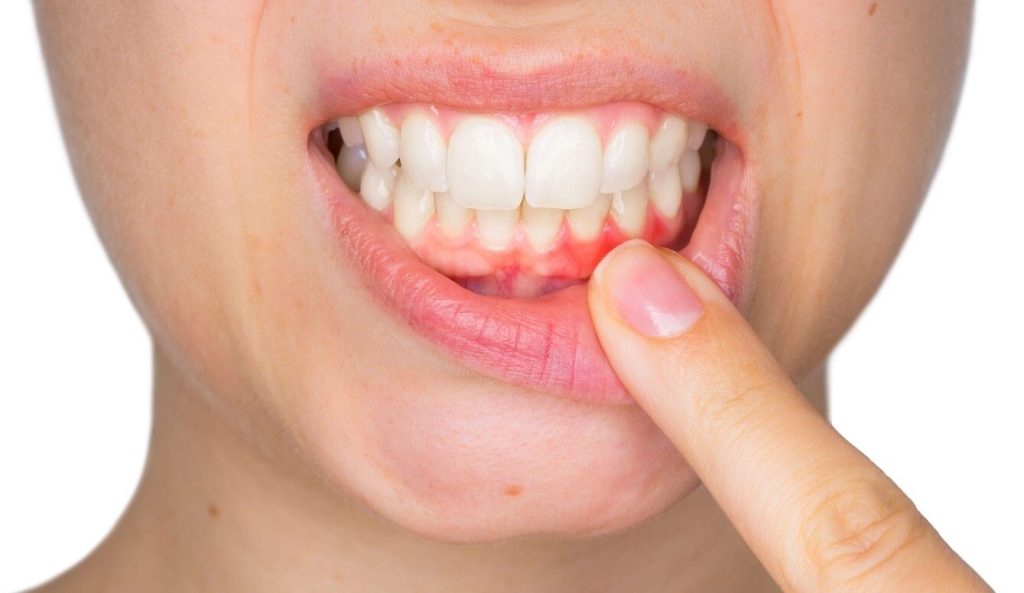If you’ve ever had an abscessed tooth, you know the pain and discomfort that comes with it. However, if you leave your tooth abscess untreated, it can get much worse – potentially leading to damage to surrounding teeth or even spreading infection throughout your mouth, face and neck. How long does an abscessed tooth take to go away on its own? It all depends on the cause of the tooth abscess in the first place as well as how quickly you get treated after developing symptoms like pain and swelling in your mouth.
Why Do You Have An Abscessed Tooth?
An abscessed tooth, also called a dental abscess, is caused by bacteria that’s spread from your mouth to infect and inflame one of your teeth. When you have an infected tooth, you may feel pain when biting down or eating certain foods. In addition to swelling and pain in your mouth, you might also experience facial tenderness around your jawbone. If a severe infection develops, you may start running a fever or get nauseous or lightheaded as well. Your abscessed tooth isn’t getting better on its own—it needs professional care before it can resolve and heal. We recommend making an appointment with us as soon as possible so we can drain and treat your dental abscess right away!
How Do I Know If My Tooth Will Heal On Its Own?
If you’ve ever experienced a painful tooth abscess, you’re probably wondering if it will heal on its own. It is usually easier to treat an abscess at home than to visit your dentist, but that doesn’t mean you can expect it to heal by itself. The good news is that over-the-counter antibiotics can be extremely effective in treating a tooth abscess—you’ll just need to learn how to use them properly and make sure they’re working for you. To learn more about using antibiotics for toothache and taking care of yourself as your symptoms subside, read through our guide: Can Tooth Abscess Go Away On Its Own?
When Do I Need To See A Dentist For An Abscessed Tooth?
Many people wonder if it’s possible to have an abscessed tooth and, if so, what can be done to get rid of it without going to a dentist. In fact, when you have pain in your mouth or your gums are inflamed and swollen for more than a few days, you need to call a dentist right away. These kinds of problems are not something that can go away by themselves; they will only get worse as time goes on. If there is some kind of infection present (there almost always is) then you will also run an increased risk of it spreading throughout your body. This is particularly true if there is pus developing under your skin or in other places like under one of your wisdom teeth.
How Long Does It Take For An Abscessed Tooth To Heal On Its Own?
An abscessed tooth can be seriously painful and even lead to an infection that is life-threatening. The good news is, you don’t have to suffer. Even if you think your tooth is hopelessly damaged, it may be possible to restore your smile. And it won’t take long at all! An abscessed tooth can go away within just a few days with help from Dr. Patrick Davis at Davis Dentistry in Hattiesburg, MS. Contact us today to schedule an appointment and make sure your mouth is feeling better by tomorrow!
What Are The Best Steps For An Effective Home Treatment Of An Abscessed Tooth?
When you have an abscessed tooth, your main concern is probably going to be how quickly you can get relief from that pain. If you are experiencing a severe level of pain and other symptoms like swelling, redness, and inflammation around a tooth, then you may be wondering if there is anything that can be done at home. Should I see my dentist right away? Will it go away on its own? What are some ways I can treat it at home until I can get in to see my dentist or other health care provider? These are all important questions that will help provide some guidance as to what steps you should take when dealing with an abscessed tooth. For more information about treating an abscessed tooth at home, please read below
Before Going to Sleep at Night
Get a dental checkup—especially if you notice your toothache is accompanied by one or more of these symptoms: swelling and redness, difficulty swallowing, and a bad taste in your mouth. Don’t wait until you’re writhing in pain to see a dentist. These are all warning signs that you may have an infection of one kind or another, and ignoring them could land you in emergency care or worse.
